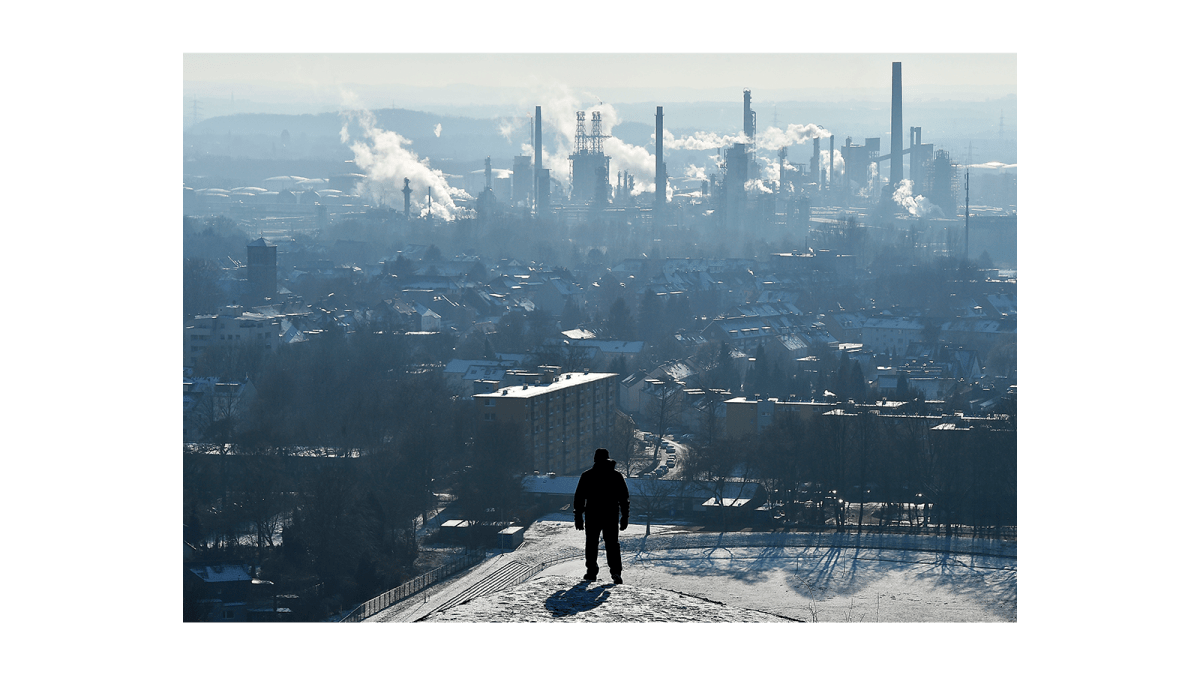The scientist Paul Crutzen grew tired of the Holocene 24 years ago. The geologic epoch had reigned for 11,700 years, ever since the sprawling ice sheets covering North America and Europe began melting rapidly, and Crutzen thought its time was up. The atmospheric chemist had won a Nobel Prize in 1995 for demonstrating how humanity was destroying the ozone layer, just one of the many ways people had radically altered the planet, from urbanization to releasing greenhouse gases. After repeatedly hearing mention of the Holocene at a scientific conference in Mexico, Crutzen lost his temper.
Interrupting a speaker, he announced that the world had already entered a new age: the Anthropocene. The notion, which a few people had pondered as early as the dawn of the Industrial Revolution, implied that human activity was a powerful geological force, one rivaling volcanoes and asteroids. “My remark had a major impact on the audience,” Crutzen, who died in 2021, recalled years later. “First there was a silence, then people started to discuss this.”
All these years la... Read more










